With this week’s launch of the newest U.S. sportsbook, a Goliath gets to feel what it’s like to be David.
ESPN Bet is now live in 17 states — but it’s starting off with about a 2% market share of American sports gamblers.
That market share comes from the remnants of PENN Entertainment’s Barstool Sportsbook product, which has been folded into a $2 billion partnership to license ESPN branding. PENN will pay Disney $150 million annually for the next 10 years and is granting Disney about $500 million in stock warrants to purchase PENN shares.
The biggest obstacle facing ESPN Bet is the U.S. sports betting duopoly of FanDuel and DraftKings, which hold roughly 73% of the country’s sports gambling market share, according to a recent report from research firm Eilers & Krejcik Gaming. Here’s how the top five shakes out:
- FanDuel: 39.28%
- DraftKings: 34.11%
- BetMGM/Borgata: 9.41%
- Caesars/William Hill: 6.57%
- BetRivers/SugarHouse: 2.68%
Beyond the top pair’s stranglehold and operators like Caesars and BetMGM retaining strong footholds, Fanatics is becoming more aggressive in sports betting after acquiring PointsBet’s U.S. operations.
Despite the existing competition, ESPN Bet’s backers project they can attain 20% market share by 2027. However, many think that goal will be difficult to reach.
Grand Vision
Aggressive. Lofty. Huge.
Those are the words industry insiders used to describe ESPN Bet’s goal of 20% market share.
The consensus seems to be that getting to even 10% in the coming years would be a success. “Double-digit market share in the U.S. market at this stage of the game is an impressive number,” Chris Grove, a co-founding partner of gaming-focused venture capital fund Acies Investments, told FOS.
But the market share numbers aren’t completely black-and-white.
“Now we’re going to start to see how many of the newer casual fans will come into the sports betting ecosystem,” said Chris Bevilacqua, a longtime sports media executive and investor, co-founder and CEO of microbetting technology company Simplebet.
The idea is that perhaps ESPN Bet, with its mainstream appeal, could end up unlocking a new set of sports bettors who aren’t as intimidated thanks to the familiar branding. Still, that could ultimately just be an opportunity for DraftKings, FanDuel, and others to swoop in for more customers once ESPN Bet’s initial promotions wear off.
ESPN Bet certainly represents an intriguing evolution in the short lifespan of America’s legal sports gambling industry. But should its rivals be worried?
Temperature Check
At least initially, neither half of America’s sports betting duopoly seems overly concerned by ESPN Bet’s entry.
“You’ve got to have a superior product experience, right?” FanDuel CEO Amy Howe said earlier this month at the CNBC Global Evolve virtual summit. “At the end of the day, if your product doesn’t work, it doesn’t matter how great your brand is, you got to have a really phenomenal experience.”
DraftKings co-founder and CEO Jason Robins said on a Nov. 3 investor call that he expects people to take advantage of the promos offered by ESPN Bet, but added his company “always” expects others to try to poach their customers.
DraftKings, along with Caesars, had co-exclusive deals with ESPN to promote their betting products that are now phased out. But gambling companies will still be able to advertise on ESPN if they choose.
“I don’t think anyone is dramatically altering their strategy just yet,” Truist Securities gaming analyst Barry Jonas told FOS.
But there isn’t complete consensus on how the rest of the market should be reacting.
Max Bichsel, vice president of sports betting media company Gambling.com Group, thinks competitors — both big and small — should be worried. “You’re going to have somebody that yesterday or last week was betting on DraftKings, that this week, they’re going to be betting on ESPN,” he said.
Grove, also a partner emeritus at EKG, agrees with that sentiment: “I think any competitor that says they’re not worried about ESPN Bet isn’t telling the whole story.”
But regardless of whether ESPN Bet becomes a sports gambling mainstay or falters like so many others, the impact won’t be equal for the two companies behind it.
Winners and Losers
The fate of ESPN Bet may not make or break Disney or PENN, but one party has much less to lose.
“Because of our understanding of the terms of the deal, ESPN is going to do pretty well regardless of how well PENN does,” Bichsel said, noting that the $150 million annual payments from PENN give Disney a relatively high floor no matter what happens. But even complete failure wouldn’t kill PENN, which will still have its “exceptionally strong” land-based casino business.
Jonas hypothesized that ESPN wants to leverage the cultural relevance of sports betting to ultimately charge higher ad rates, but admits that defining success will be complicated. “PENN shareholders want profitability and won’t accept massive market share but minimal profitability,” Jonas added.
And then there is the issue of how involved on-air talent will be in promoting ESPN Bet. So far, Scott Van Pelt and Elle Duncan are participating in an ad campaign. Mike Greenberg referenced ESPN Bet odds during “Get Up” this week. Pat McAfee praised the new app on his show, as well.
Now, even while ESPN Bet is still in its infancy, the proverbial clock to pass judgment may already be ticking.
Fast Start
ESPN Bet quickly topped the iOS app charts after its launch, but hard data on what kind of dent it’s making won’t come until the end of December, when revenue reports are issued and the platform’s performance can be measured against existing players.
An interesting test will come in January, when mobile sports betting is scheduled to launch in North Carolina — and ESPN Bet can fight for more than 10 million new customers on a level playing field with the likes of DraftKings and FanDuel.
Dave Wakeman, a sports business analyst and founder of consulting firm WCG, says 80% of a successful product launch happens in and around going live. “After the initial launch, if you don’t have a hit, it is unlikely that you’ll ever have a hit,” he told FOS.
Other branded concepts haven’t turned out to be major hits for Disney. The Mobile ESPN cell phone product never attained enough users, and the ESPN Zone restaurant chain eventually shut down all its locations.
And the network’s mainstream spotlight is likely to accelerate judgment on whether ESPN Bet is passing the test. “This partnership, unfortunately, will not be given the room it should rationally receive to develop and to be evaluated,” Grove said.
Other key dates for measurement against competitors will be the NFL playoffs, Super Bowl, and March Madness. Next fall, ESPN Bet will have had nearly a year to establish itself before its first full football season.
With an aggressive market share goal in a crowded landscape, and a $2 billion deal hanging in the balance, ESPN Bet has a tall task ahead. But for now, the floor is open for discussion.
Place your bets.
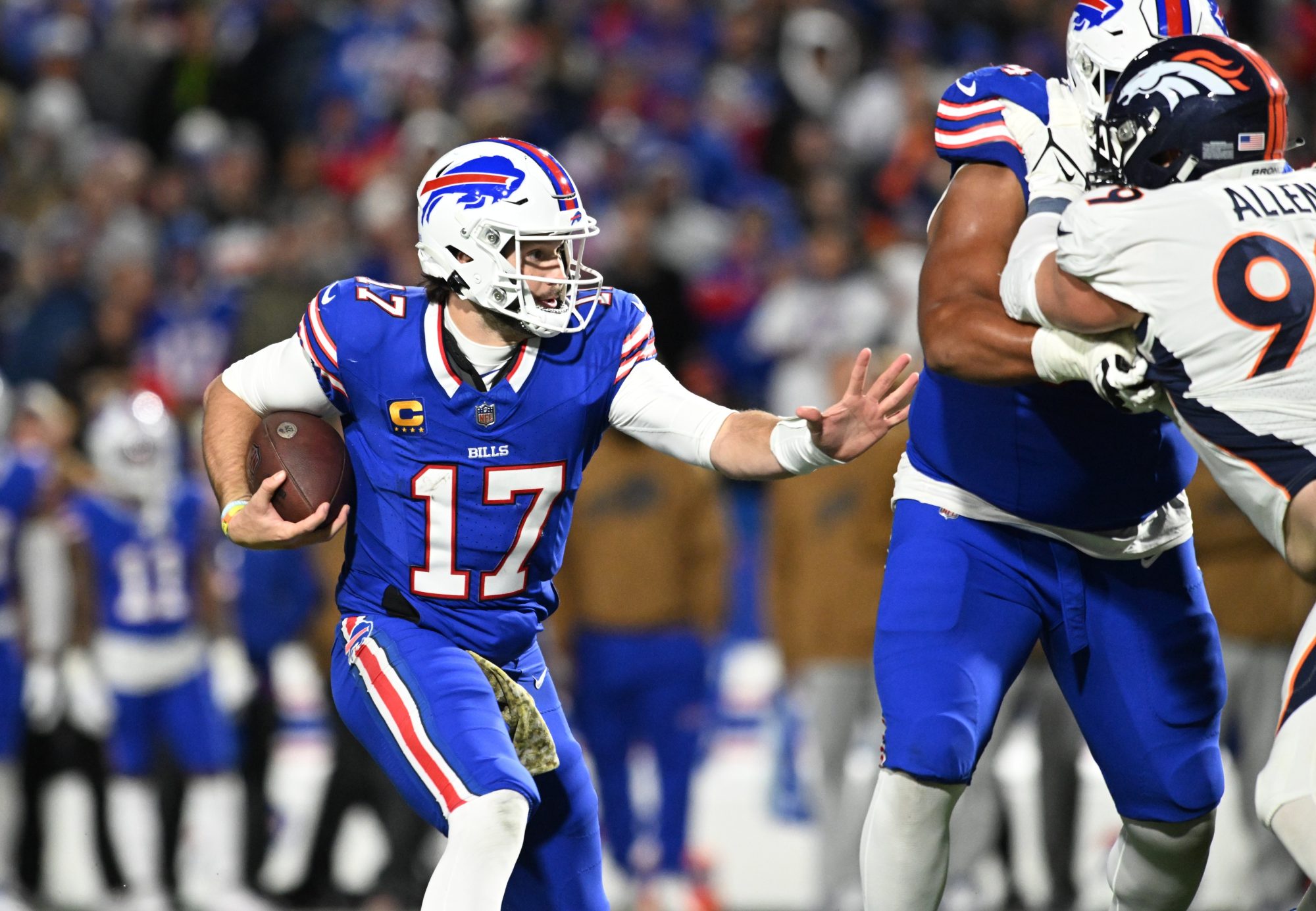
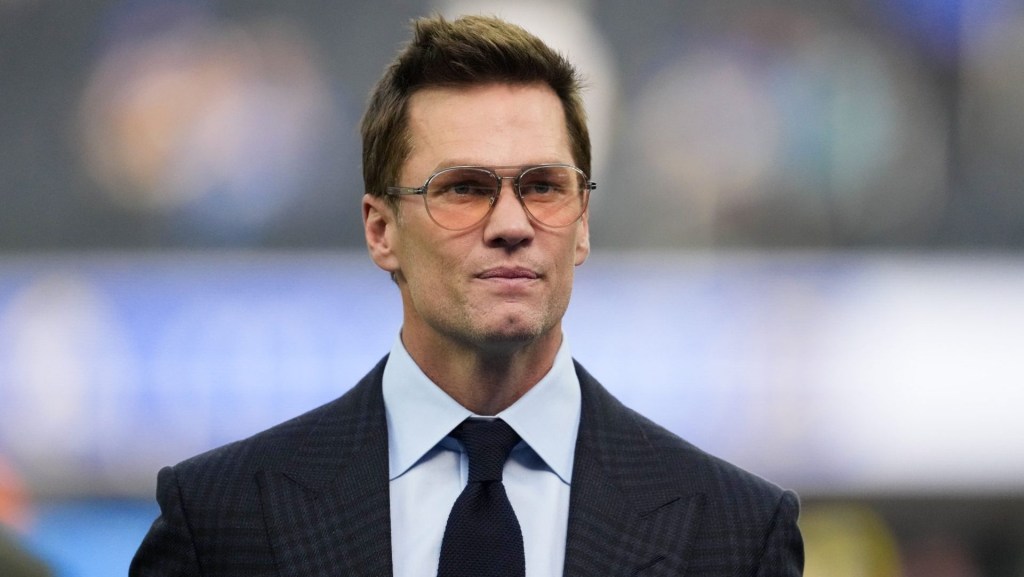
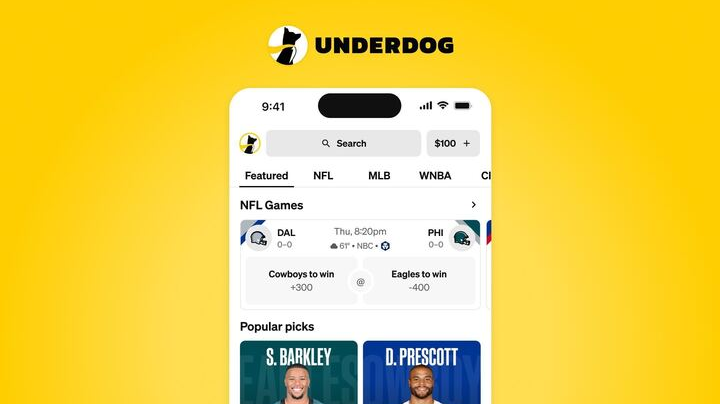
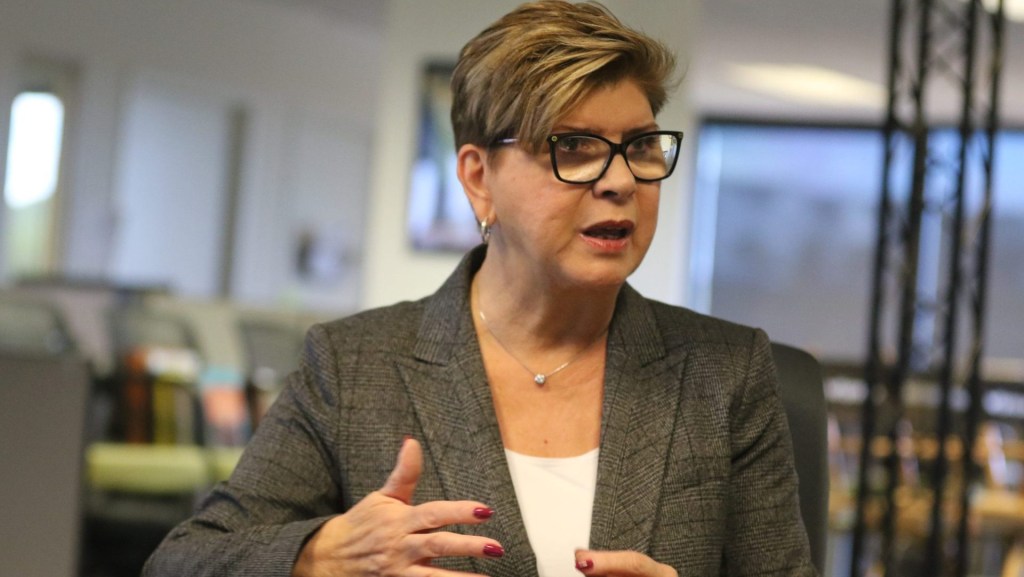
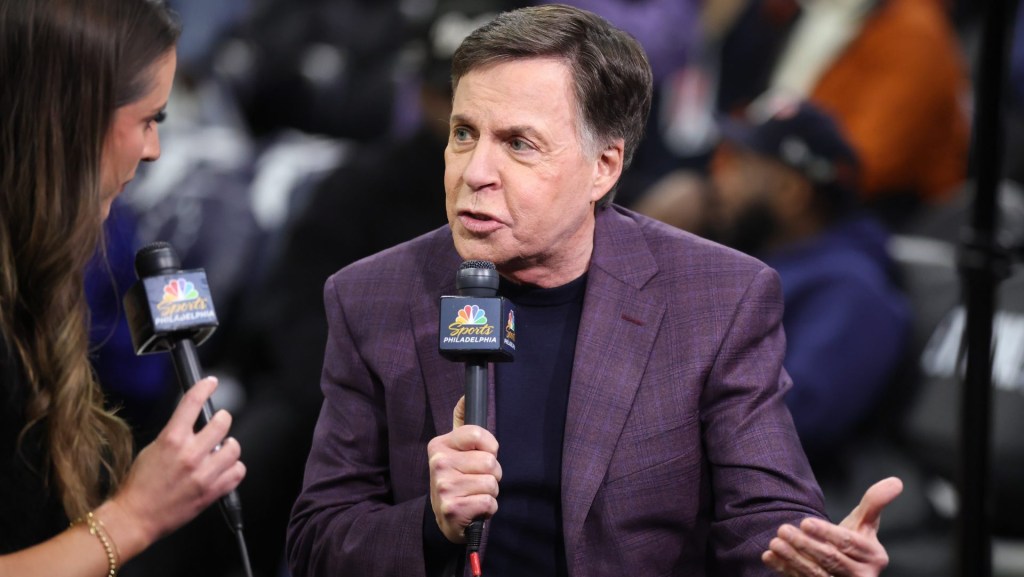
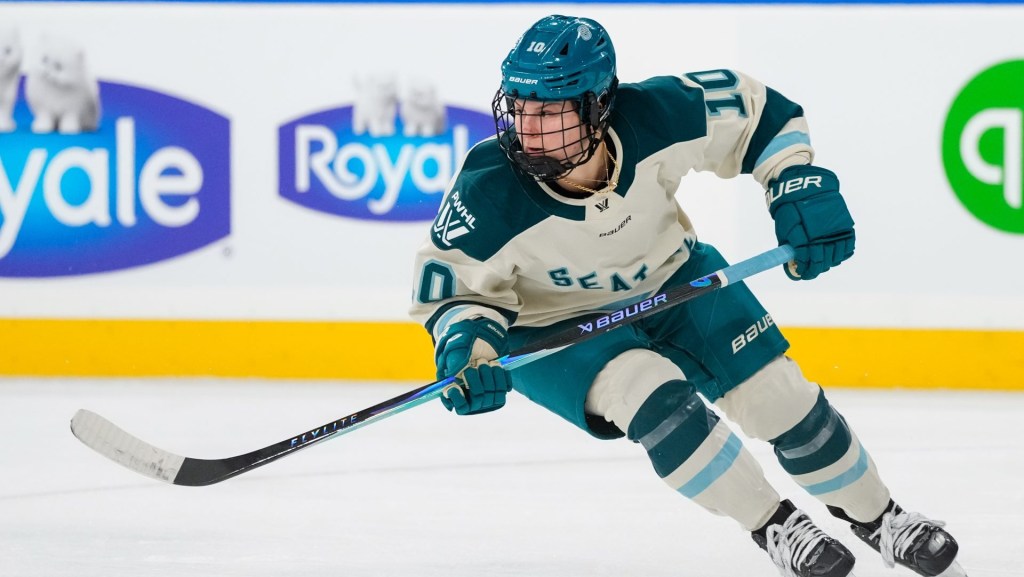


![[Subscription Customers Only] Jun 15, 2025; Seattle, Washington, USA; Botafogo owner John Textor inside the stadium before the match during a group stage match of the 2025 FIFA Club World Cup at Lumen Field.](https://frontofficesports.com/wp-content/uploads/2026/02/USATSI_26465842_168416386_lowres-scaled.jpg?quality=100&w=1024)
![[Subscription Customers Only] Jul 13, 2025; East Rutherford, New Jersey, USA; Chelsea FC midfielder Cole Palmer (10) celebrates winning the final of the 2025 FIFA Club World Cup at MetLife Stadium](https://frontofficesports.com/wp-content/uploads/2026/02/USATSI_26636703-scaled-e1770932227605.jpg?quality=100&w=1024)
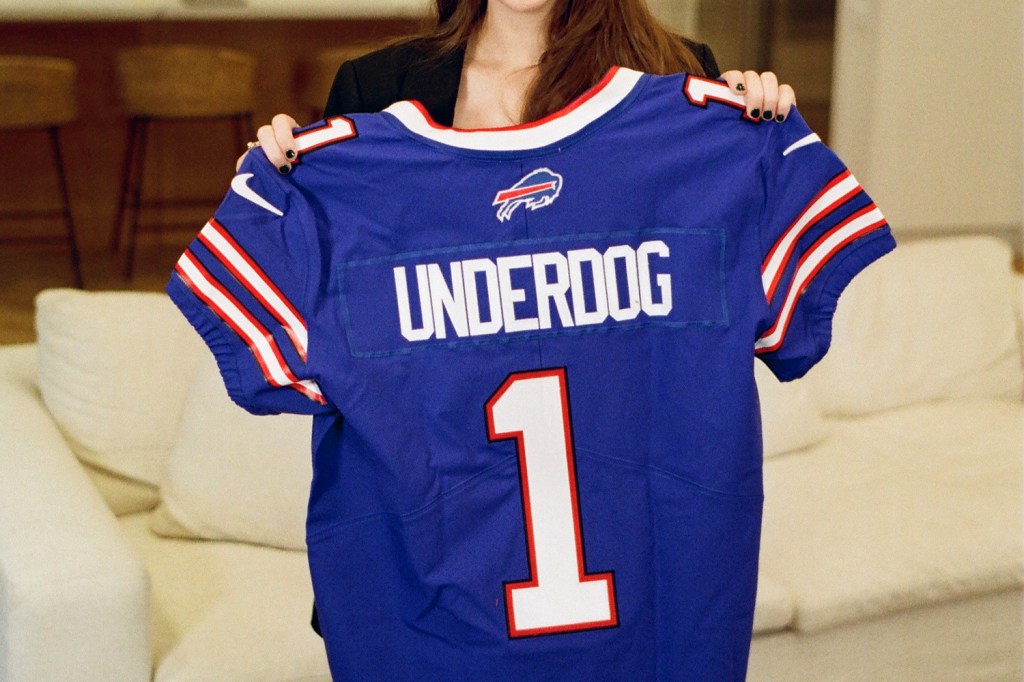

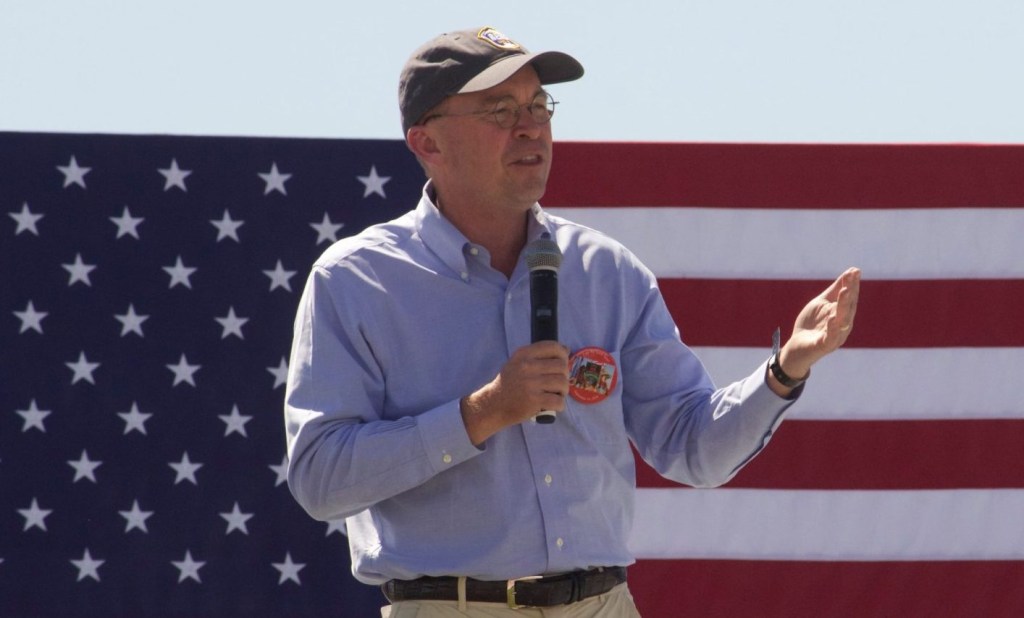

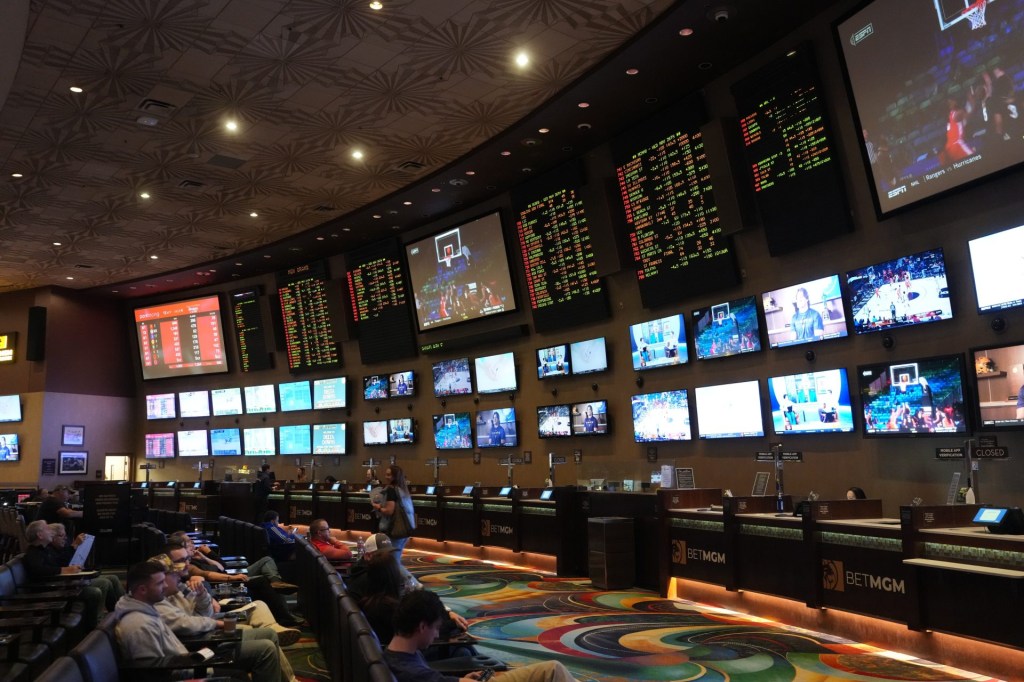
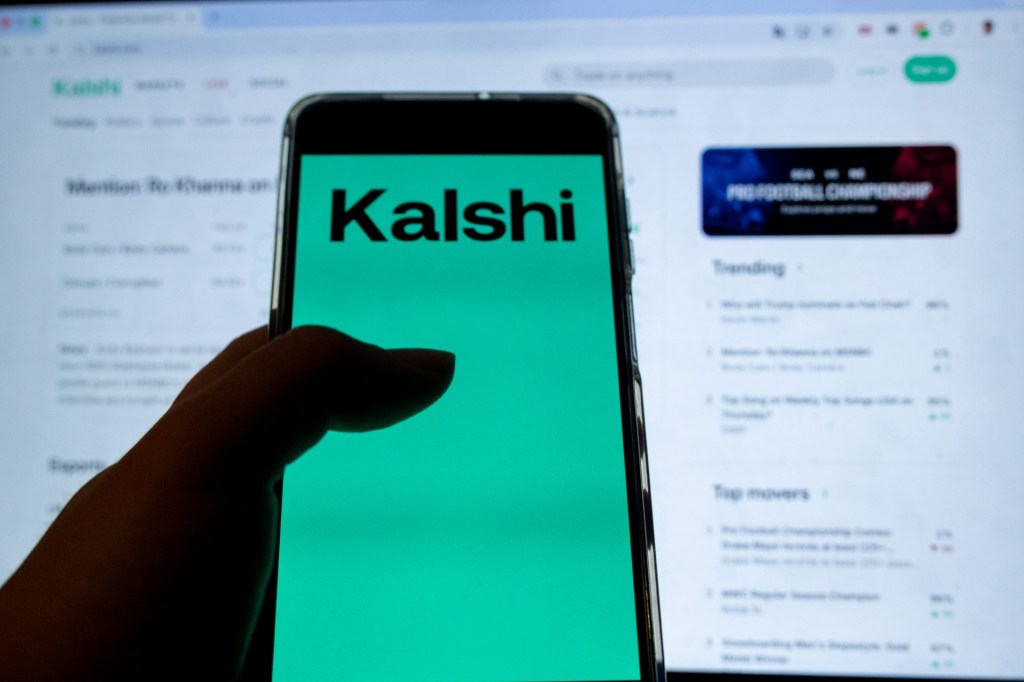
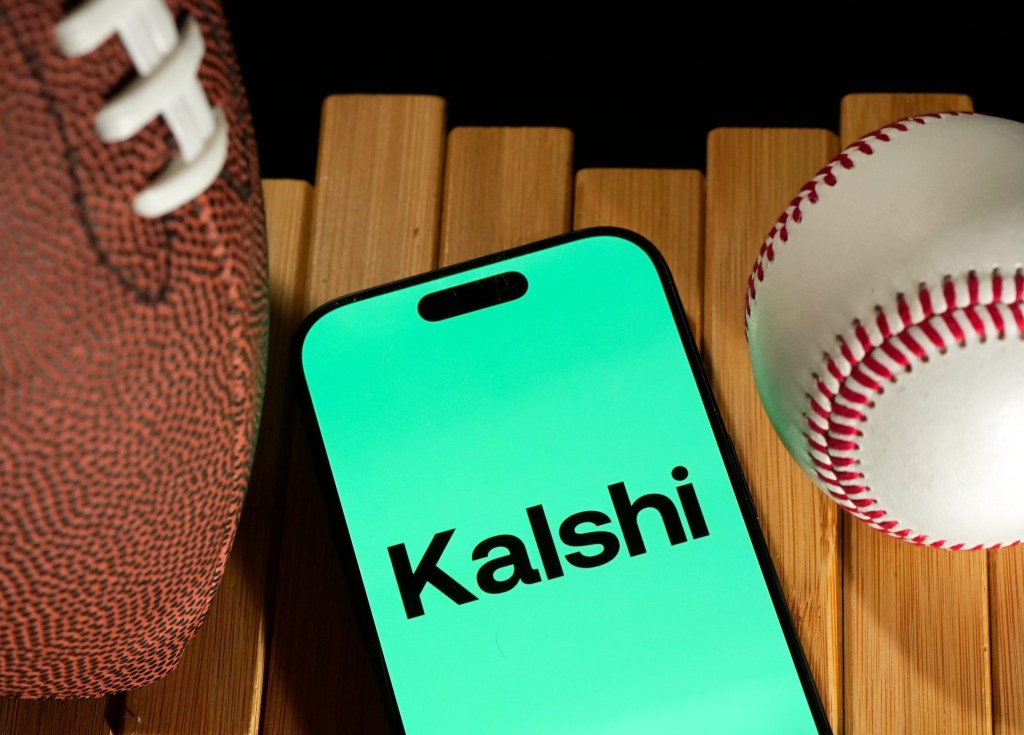
![ESPN Bet broadcasts inside the PGA Tour Studios building in Ponte Vedra Beach, Florida, on March 14, 2025. [Clayton Freeman/Florida Times-Union]](https://frontofficesports.com/wp-content/uploads/2026/02/USATSI_25668497_168416386_lowres-1-scaled.jpg?quality=100&w=1024)
